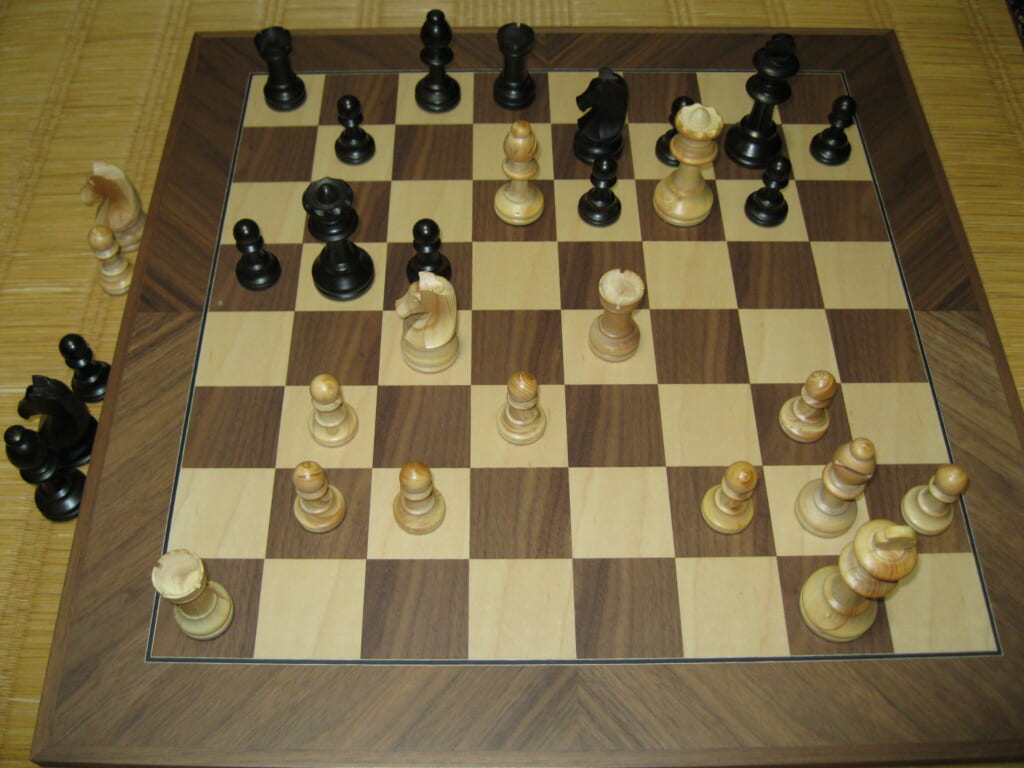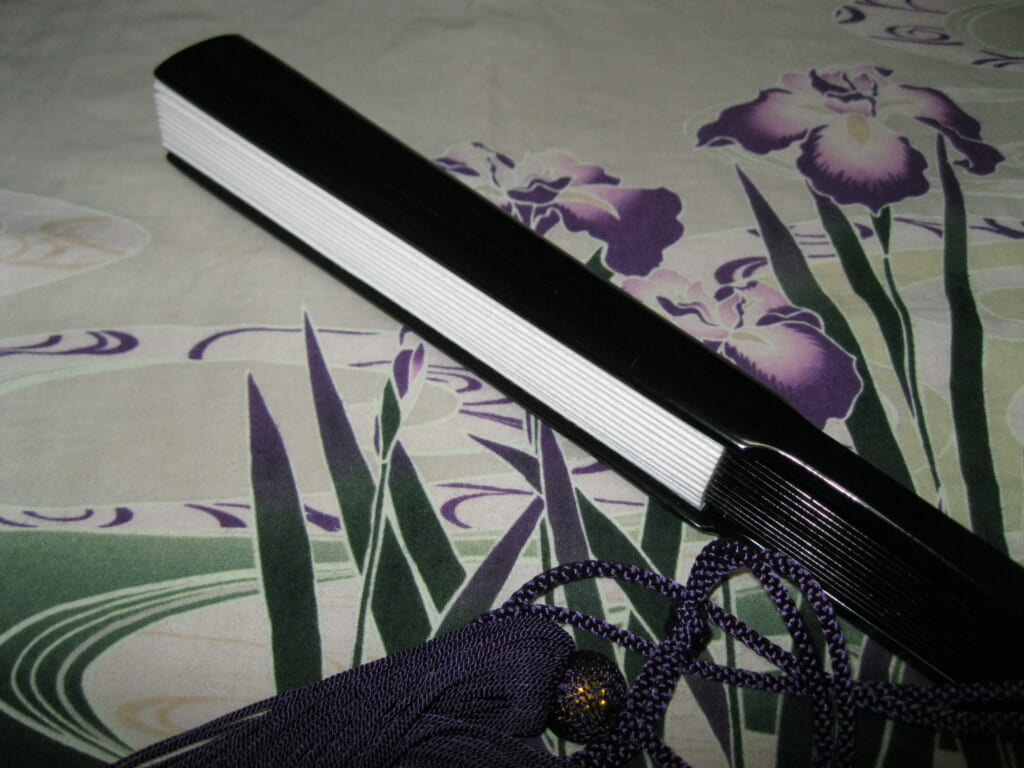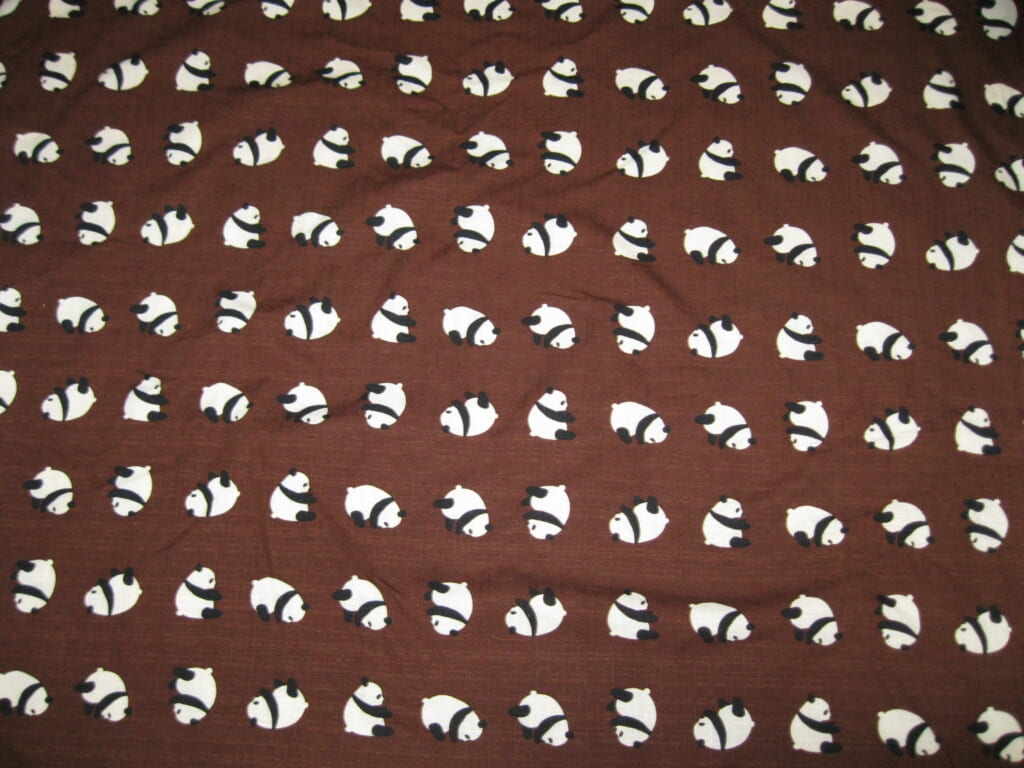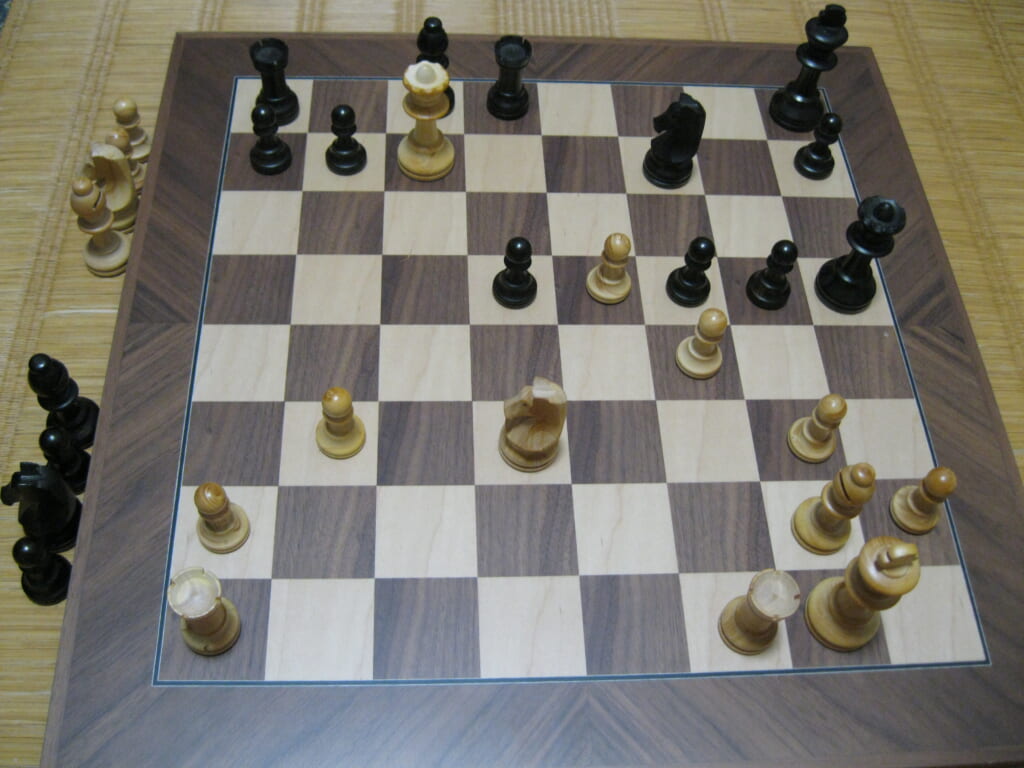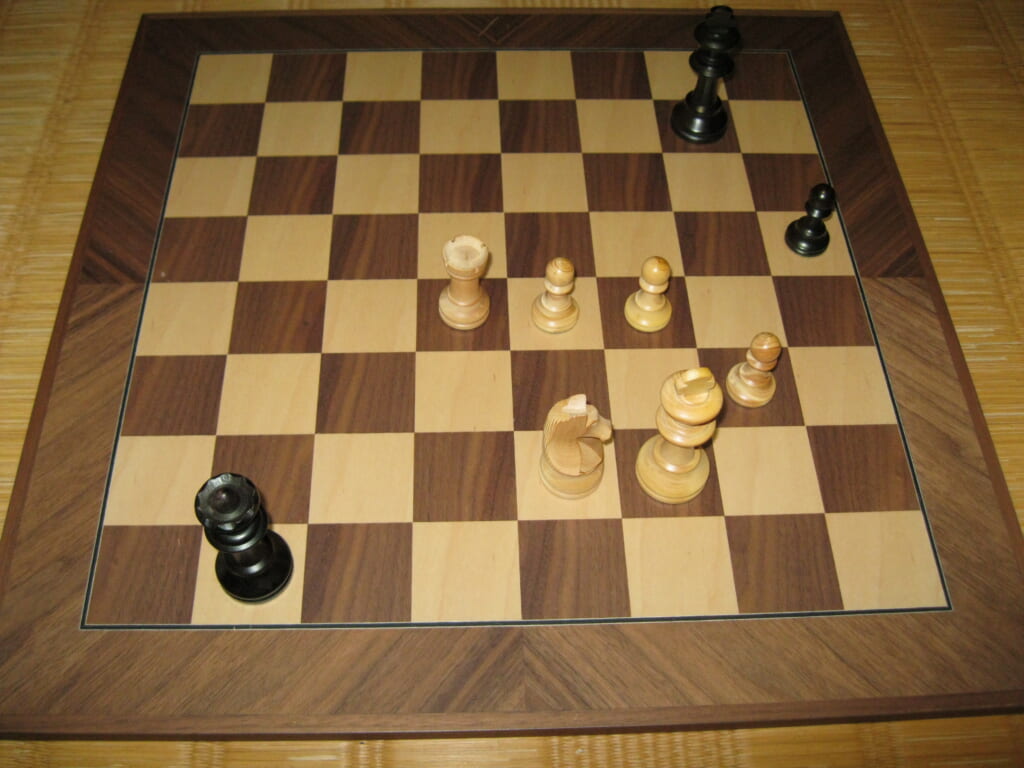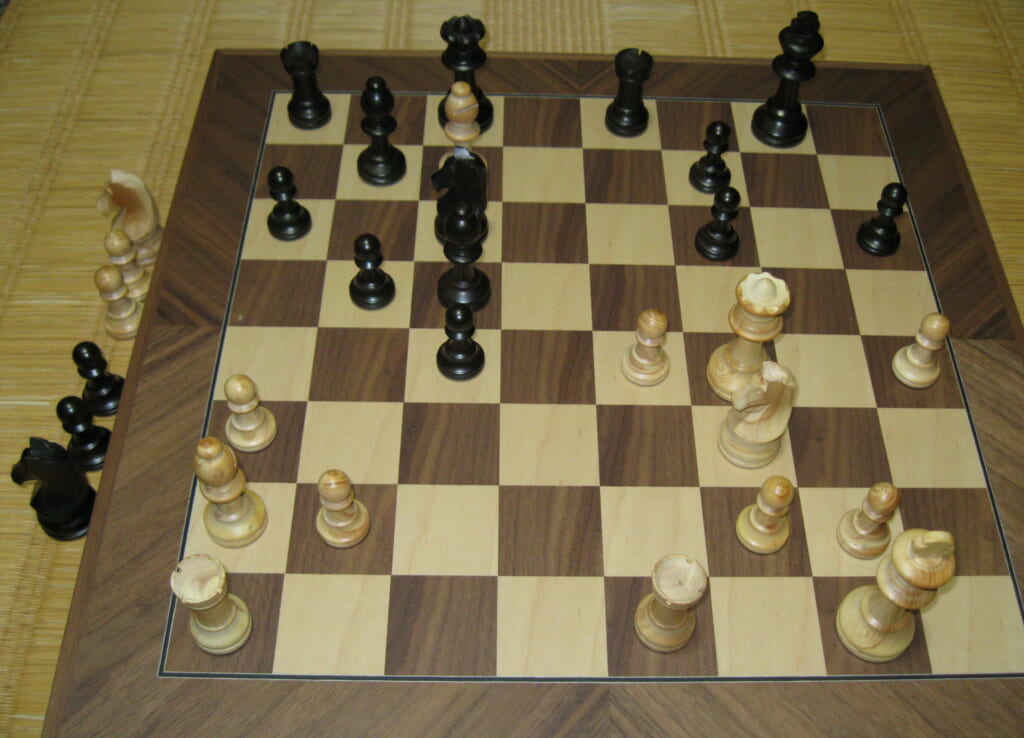
Hello, everyone! Ciao, a tutti!
Welcome to my game.
As you always are, I’m playing my own game, too.
What is the difference between Koryu & Chess?
When I go to our Dojo(道場) and start to practice some Kata(形) training of Koryu after my 8 hours work on weekdays, I strangely feel as if my new day starts again.
Actually, I feel as if I have 2 days in 24hours of a common day.
In Dojo(道場), my clock repeats ticking 3 seconds or 5 seconds or 10 seconds or 20 seconds automatically.
I think this is similar to the endgame of chess.
For example, in the endgame of Blitz game, I’m in great suspense to watch (Yes, just watch, not play!) such a familiar scene that a player must read the opponent’s mind (even though it’s as like the Garry Kasparov’s word ‘on autopilot’) and calculate a position and grab the very piece and put it on the very square without knocking some other blameless pieces on the board and touch (as gently as possible!) the clock in 10 seconds or unbelievably 2 seconds again and again and again and again.
In his book “How Life Imitates Chess”, Kasparov shows us the term ‘hastening defeat’ as a player in a difficult position tends to make mistakes due to the psychological pressure that comes with knowing he’s in trouble.
And in his same book, he also shows us about the Time Factor like this: “The worst enemy of the strategist is the clock. Time trouble, as we call it in chess, reduces us all to pure reflex and reaction, tactical play. Emotion and instinct cloud our strategic vision when there is no time for proper evaluation. A game of chess can suddenly seem a lot like a fame of chance. Even the finest sense of intuition can’t flourish in the long term without accurate calculations.”
Yes, but GM Levon Aronian uses such a time factor strategically.
Surely, even after his loss of the very last day, he had the confidence to use it in 2021 Superbet Chess Classic: Round 7 against GM Alexander Grischuk, and won with white.
After this victory, “Time factor worked in my favor.”, Aronian commentates.
Then GM Cristian Chirila mentions, “Time factor also the weakness of the (Grischuk’s black) King with only 5 minutes on the clock, even psychologically feels very difficult to play from this position on black.” (Then the clock was Aronian 0:43:28 vs Grischuk 0:05:46.)
Aronian says, “Of course, because every decision can be a fatal.”.
After their talking, GM Yasser Seirawan summarizes, “He (Aronian) made very clear. ‘I’m playing Sasha (Alexander) Grischuk. I’ve got getting my position, and think a lot, and do my best to take advantage of time trouble.’ It worked like a charm.” (*Sorry, if I fail to catch his words.)
Before these comments, there were 3 times GM Alejandro Ramirez and GM Yasser Seirawan analyzed that game.
At the first time, Grischuk was thinking after Aronian’s Knight c3 to d5. Yasser Seirawan commentated, “Black is very nice position at first glance.”. But Alejandro Ramirez mentioned with drawing Yasser’s attention, “This looks like very comfortable for black, but take a look at the clock situation. (Aronian 1:32:24 vs Grischuk 1:02:19) He must have a look at this situation. You know what has still a bit potential danger for black side situation.”
At the second time, by GM Marish Ashrey’s jumping over, Grischuk’s next move was Bishop f8 to e7 at his clock 0:55:51, and Aronian moved e2 to e4 “very aggressively”, and Grischuk castled, Aronian continued to sacrificial play Bishop c1 to f4, Grischuk c5 to c4 at his clock 0:41:00, and next as the 14th move was Aronian’s Rook f1 to e1(Aronian 1:24:52 vs Grischuk 0:34:39).
And at the third time, they found that Grischuk was thinking with his clock 0:12:42 against Aronian’s 1:24:52.
Then Grischuk moved Rook f8 to e8.
Yes, the worst enemy is the clock, indeed.
But here, we understand not only the worst enemy of the strategist is the clock, but also the clock is a secret extra piece for the strategist.
Or, you know, ‘The enemy of the enemy is an ally.’
I think it is the same in Koryu.
Thank you, best regards.
Grazie, buona partita.

